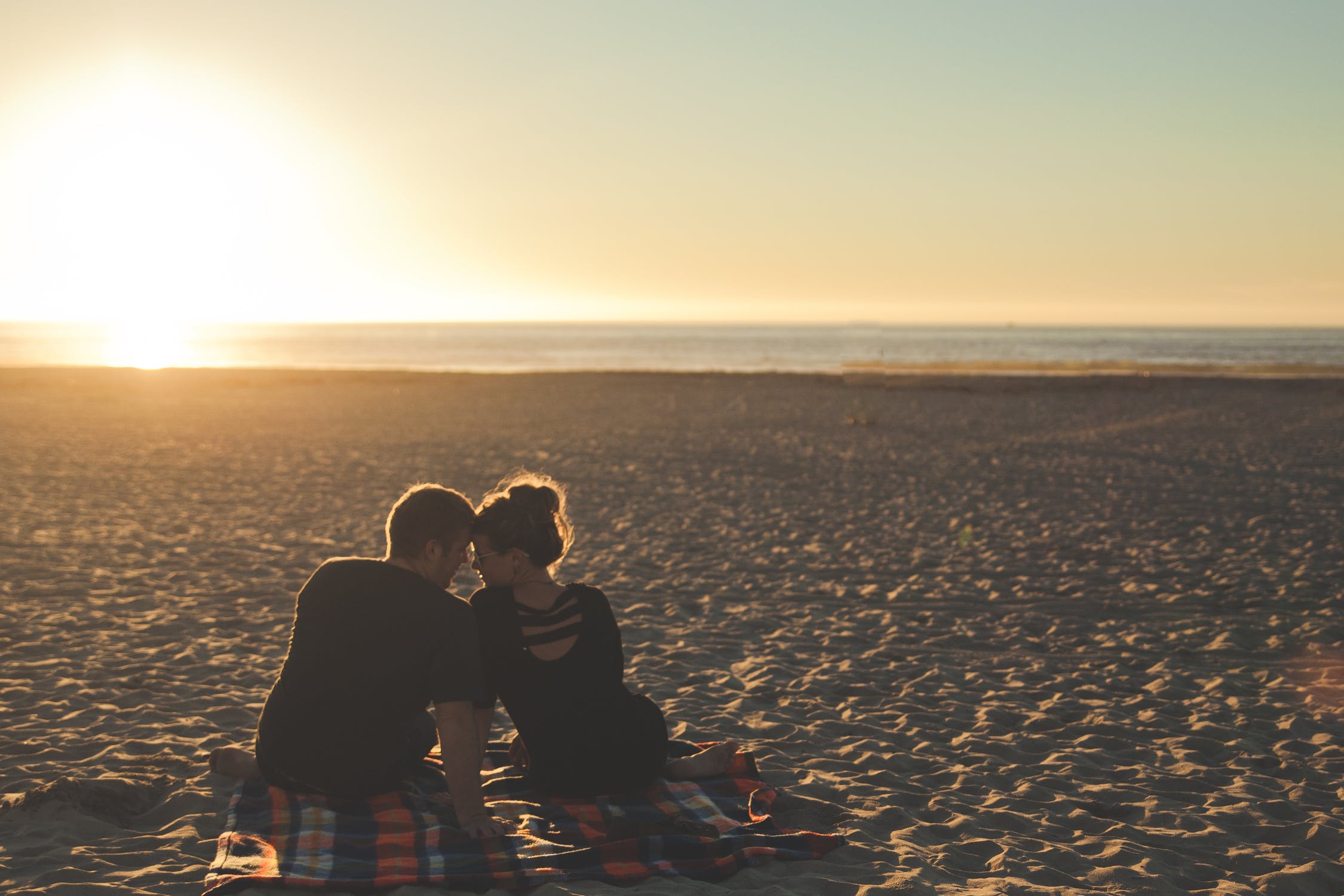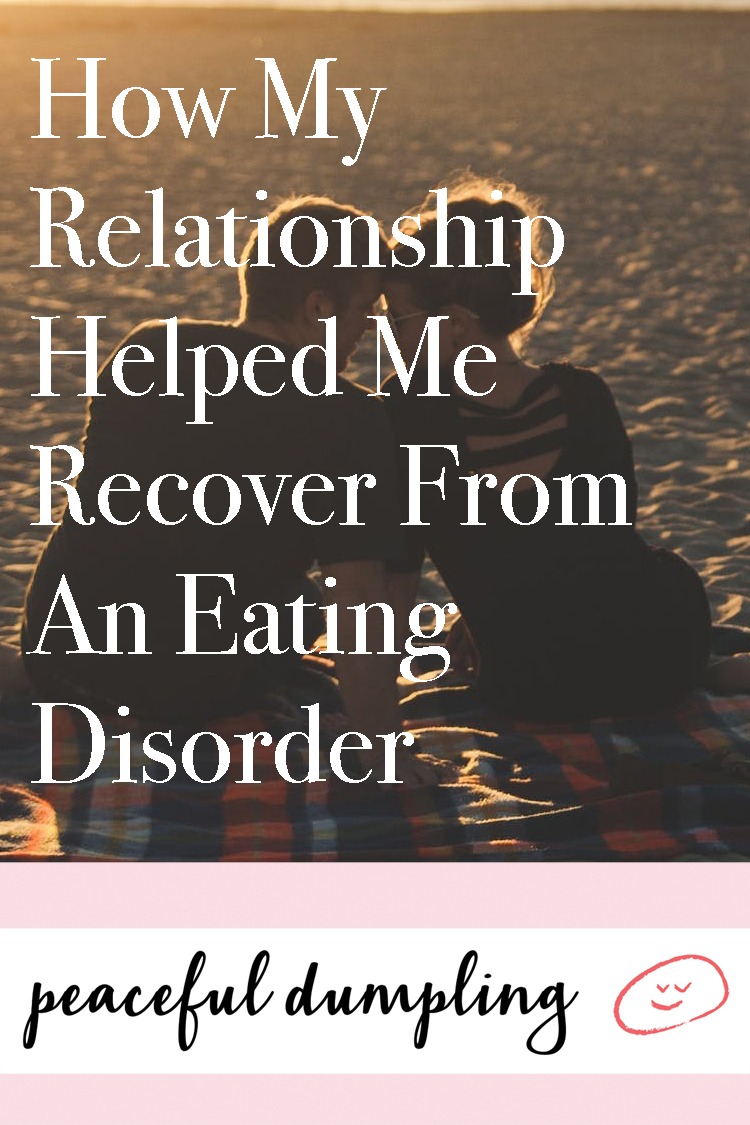“You must learn to love yourself before you can love someone else.” You’ve probably heard some variation of this aphorism, which suggests that cultivating a positive self-image should be a prerequisite to forming external relationships. It’s a nice idea in theory: if we all just learn to love ourselves, we can be more present and loving with our partners, friends, and family. If we accept ourselves as we are, we can accept others with the same amount of compassion and empathy. It sounds nice, but in reality, this approach doesn’t make a lot of sense. Relationships with ourselves and others are dynamic, and waiting until we’ve accepted ourselves fully is time that could be spent making connections and growing.

I don’t know about you, but I’ve never been successful in loving myself fully. During my late teens and early twenties, I struggled with an eating disorder and depression. Everyone–my mom, friends, therapists–told me to focus on myself. True, there was obviously a need to prioritize my mental and physical health, but what no one tells you about this rehabilitative period is that it can be incredibly lonely. Believing that I wasn’t ready to date, I kept to myself. I did what my therapist and nutritionist told me to do, and although I was able to gain weight, my lack of confidence never really improved. At a certain point, my recovery became stagnant.
Then I met someone. We got coffee and talked on a bench for a couple hours. The next day, he sent me a message indicating that he’d like to meet again sometime. Following society’s advice, I told him that I wasn’t ready for a relationship, but that I was interested in becoming friends. Over the next few months, I tried to keep my distance. I still struggled to accept my body, and my confidence was at an all time low, which I thought meant that I wasn’t ready for a boyfriend. But as we continued talking and meeting in person, I became aware of how much happier I felt. It wasn’t that I was suddenly comfortable in my own skin; rather, it was a feeling that there was perhaps more to life than a goal weight or clothing size. The more I confided in him, the more supported I felt. I learned that he had also struggled with his own mental health, and hearing about his own experiences allowed me to see myself in a new light.
The thing is, he didn’t try to save me. He simply encouraged me to seek treatment, which I did. I was never under any illusions about his role in my recovery; it was something I needed to do on my own, but he would be there cheering me on from the sidelines. If I had adhered to the advice that said I should put all my energy into self-love, I would have missed the opportunity to meet him, to be encouraged and validated in ways I couldn’t fathom. Over the next few months, I discovered that it was possible to accept myself while simultaneously welcoming someone else into my life, rather than forcing the former to come before the latter.
Relationships–with ourselves and others–are never perfect. They ebb and flow and morph and change over time, and no one can predict how and when that might happen. In my experience, it’s better to surrender to that fact rather than try to control external circumstances. You just might end up with exactly what you need, exactly when you need it, and that’s really all that matters in the end.

__
Also by Molly: *This* Is The Classiest Way To Quash Unsolicited Opinions About Your Appearance
Related: Why Mindful Eating Is A Balm For Anyone Who’s Ever Battled Disordered Eating
How To Re-Embrace Balanced Eating After Obsessing Over Healthy Food (Orthorexia)
Get more like this—Subscribe to our daily inspirational newsletter for exclusive content!
__
Photo: Pexels
